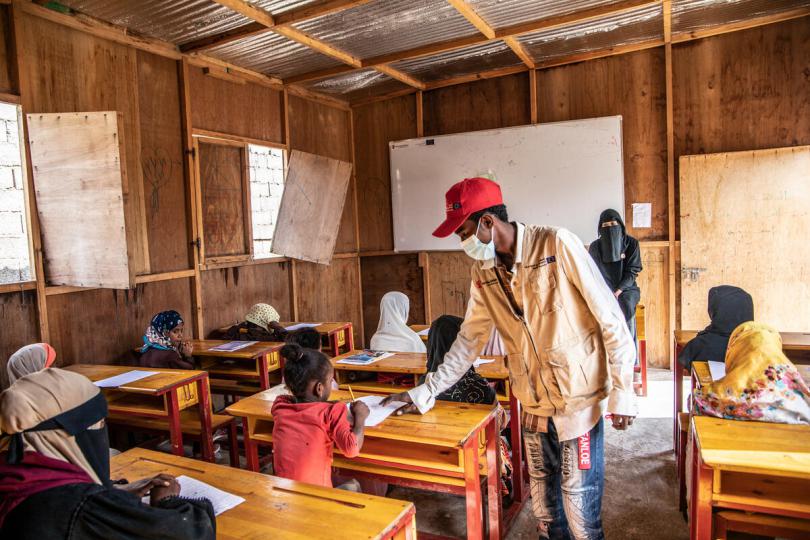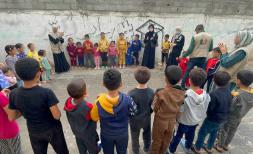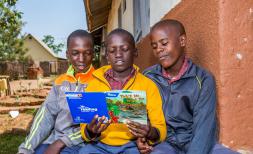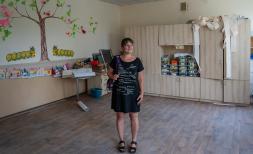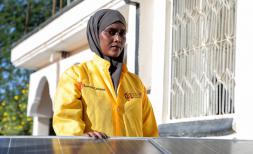Five ways G7 countries can accelerate progress towards education
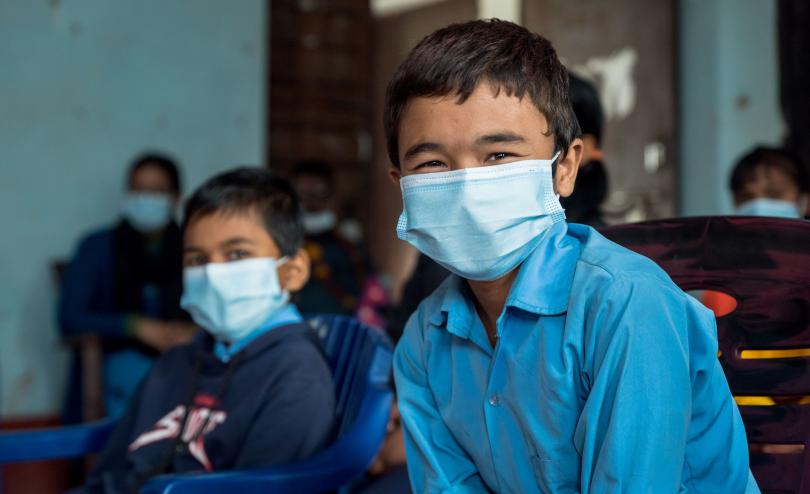
From 11th to 13th June 2021, the United Kingdom will host the meeting of leaders from the world’s foremost democracies, seven of the richest and most powerful countries of the world. This year G7 is focused on building back better from COVID-19 pandemic, creating a greener, prosperous future. It is a moment of historic opportunity given UK’s G7 Presidency to act decisively and shape international action on education. Here are five ways G7 countries can step up and spend up to accelerate progress towards inclusive, equitable quality education for all.
Recognize the huge education crisis caused by the pandemic:
At the peak of COVID-19 crisis, nearly 1.6 billion learners: approximately 90% of the world’s student population across 190 countries were out of school for prolonged periods, resulting in a huge learning deficit. The pandemic came on top of a pre-existing learning crisis where one sixth of the global school age population, comprising of 258 million children and young people were out of school. Nearly 450 million children who were in primary schools were unable to read at grade level, even after spending on average four years inside a school setting.
The pandemic has exacerbated the global learning crisis to the effect that 10-16 million children including boys and girls from low income backgrounds, and those living in fragile and conflict affected states are at risk of never going back to school. Girls continue to face deep-rooted discrimination, together with challenges of heightened gender based violence, early marriage and pregnancy related health risks.
COVID-19 has triggered the biggest education emergency in modern history followed by significant income and earning losses. The global education sector risks losing three decades of progress on access and quality.
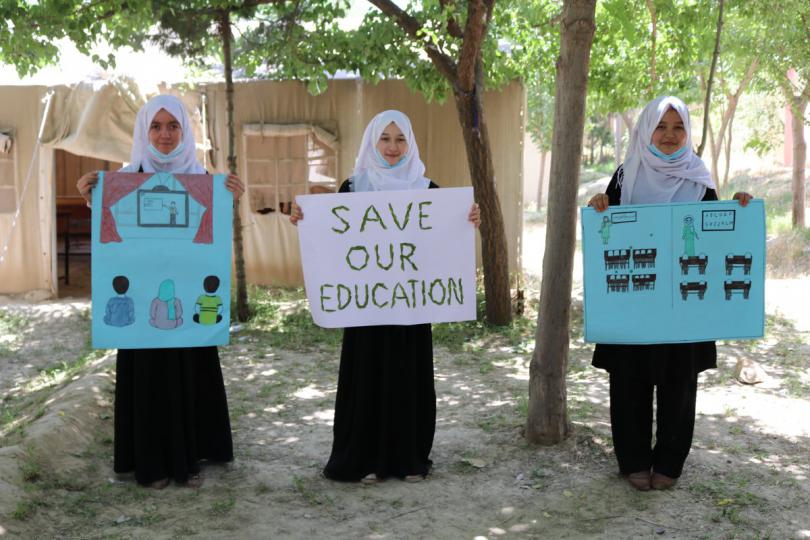
Invest smartly in unified global education action backed with clear political & financial commitment:
According to the latest Education Finance Watch Report, governments in a sample of 65% of poorer countries have reduced their education financing as compared to only 33% of richer countries post the pandemic. Disparities on education spending per child between rich and poor countries are large and continue to widen because of the pandemic.
Donor governments should support efforts to mobilize domestic revenues by tackling illicit financial flows, tax avoidance and establishment of a debt resolution mechanism for low-income countries. Donor countries should push multi-lateral banks for a supplementary children’s emergency International Development Assistance budget of at least $35 billion over next two years, with at least $10 billion in grant financing.
In particular G7, together with OECD Donors should commit to fully funding the $5 billion Global Partnership for Education (GPE) replenishment, influencing other key Donor countries to step up as well.
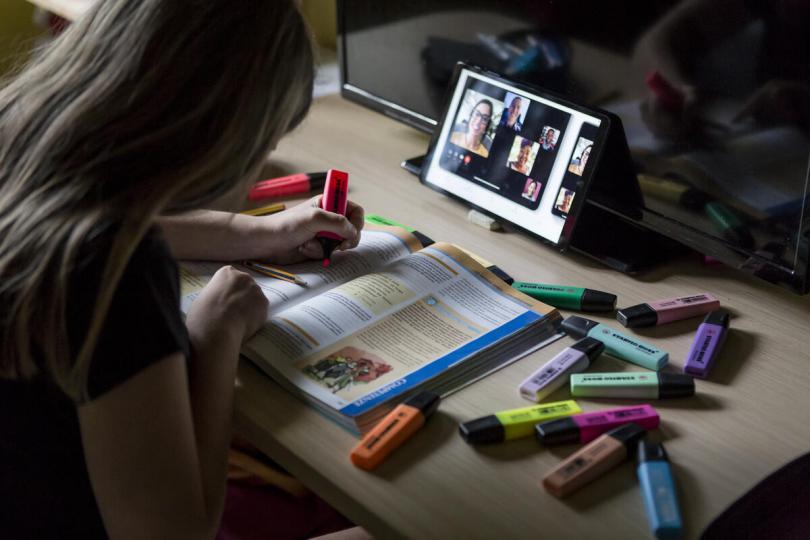
Build resilient, inclusive education systems:
Addressing the inter-sectionality of barriers to learning, build back better education systems that deliver for all children.
Based on real time data monitoring and tracking, costed education recovery plans, with technical and implementation capacity at the right levels; national education systems must be geared to deliver learning outcomes. Communities should be fully mobilized to better prepare for future risks, including climate related disasters and support provision of protection, mental health and psychological support services in schools, especially for girls, children with disabilities, migrant or displaced children.
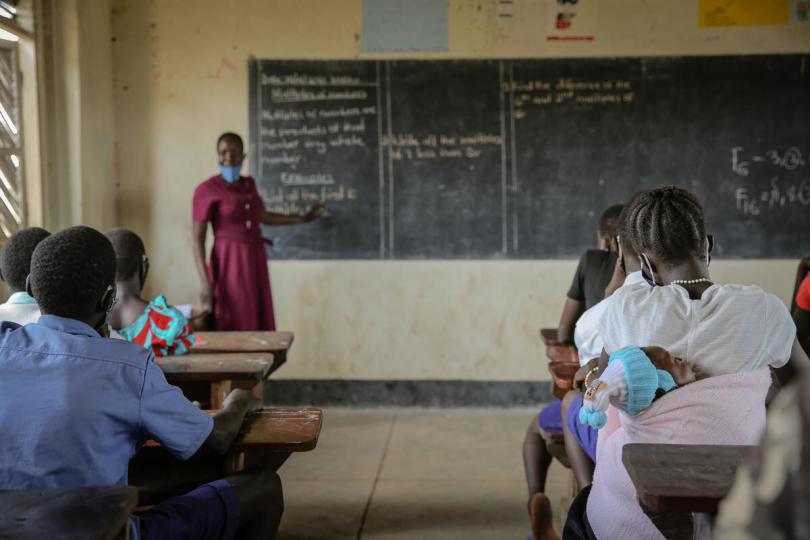
Put learning at the heart:
COVID-19-inflicted learning loss has been a major blow for students around the world and has further compounded the global learning crisis, preventing low-income countries to invest in human capital. It is crucial to provide every child with a learning assessment when they return to school to help plan targeted interventions on remedial, catch up and accelerated learning, supported by teaching at the right level.
In line with Save the Children’s Quality Learning Framework, ensure five foundations of well-being and learning are in place for each child, everywhere. These are i) emotional and psychological protection ii) physical protection iii) quality teaching and learning as two way process iv) strong parents and community engagement and v) effective school leadership and management.
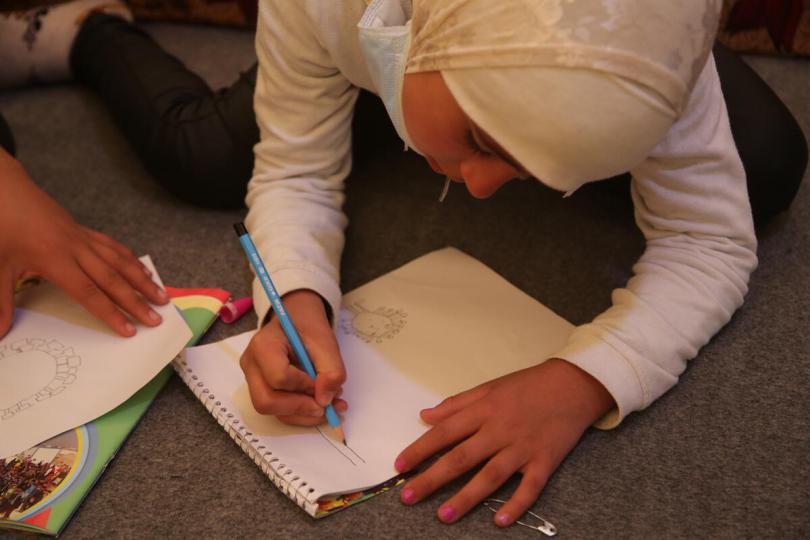
Enable teachers:
By addressing the global teachers’ crisis to provide them an enabling environment, support structures, right skills set and motivation.
The key principles are; starting with teachers’ context specific well-being and professional development needs, measuring teachers’ progress against a competency framework, supporting different types of both pre and in-service training, capacity building and behaviour change and finally partnering with education leaders to strengthen policy and systems which enable teachers to thrive as professionals.
